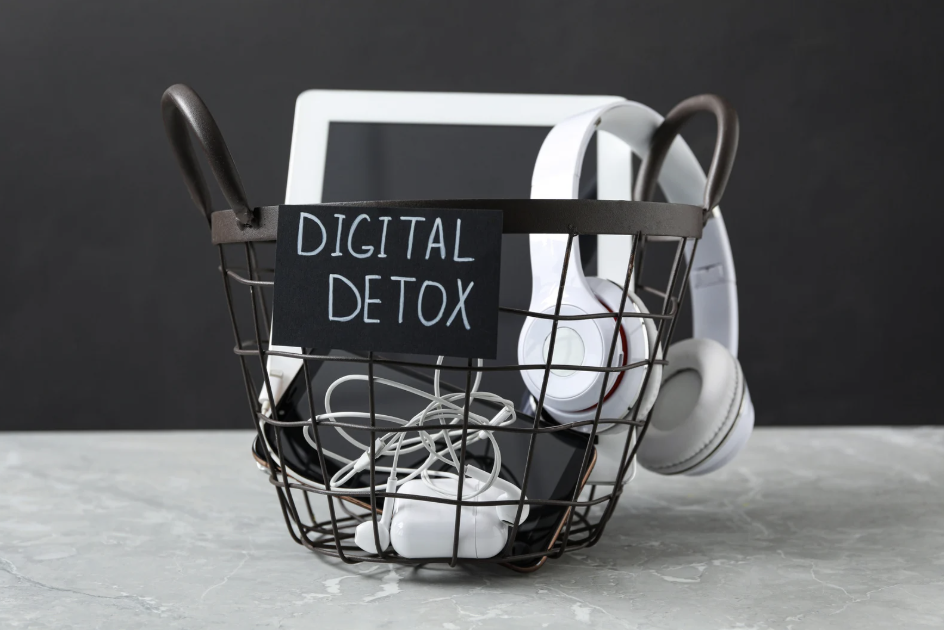As digital dependency continues to surge, a growing movement toward digital detoxes is gaining popularity across the United States. Starting on July 1, 2024, many individuals are opting for offline retreats, seeking respite from the constant barrage of notifications, social media, and screen time. This shift marks a significant cultural change, as people increasingly recognize the mental and emotional toll of always being “connected.”
Digital detox retreats, often held in serene, remote locations, are designed to help participants disconnect from their devices for a set period, ranging from a weekend to several weeks. These retreats offer a structured environment where attendees can focus on mindfulness, nature, and personal growth without the distractions of technology. The trend is expanding rapidly, with wellness centers across the country offering various detox programs that include yoga, meditation, hiking, and creativity workshops.
Experts say that this movement is more than just a reaction to modern life’s demands—it’s a vital step in promoting mental health. According to a recent study, nearly 60% of adults report feeling overwhelmed by digital interactions and the pressure to remain constantly available. The 24/7 nature of digital communication, while convenient, can lead to burnout, anxiety, and even depression. Digital detox retreats aim to address this by offering individuals a safe space to recalibrate their relationship with technology.
“The constant ping of emails, texts, and social media can leave us feeling mentally exhausted,” said one wellness retreat organizer. “These retreats provide a rare opportunity to truly unplug and be present in the moment, which can have profound benefits on mental health and well-being.”
At these retreats, participants are encouraged to leave behind smartphones, laptops, and tablets, embracing an experience rooted in nature and human connection. Many programs incorporate holistic practices like journaling, meditation, and art therapy to help individuals explore personal challenges and cultivate mindfulness. In addition to the mental health benefits, participants often report a renewed sense of clarity, creativity, and productivity after their time offline.
This trend is also influencing the corporate world, with some companies offering “digital sabbaticals” for employees who need extended breaks from technology to focus on self-care. These breaks help employees recharge and return to their work with increased focus and energy.
With the increasing awareness of the negative effects of constant screen exposure, the digital detox movement is likely to continue gaining momentum in 2024 and beyond. In a world that is constantly evolving and hyper-connected, taking time to disconnect and recharge is becoming an essential part of maintaining a healthy, balanced lifestyle.


